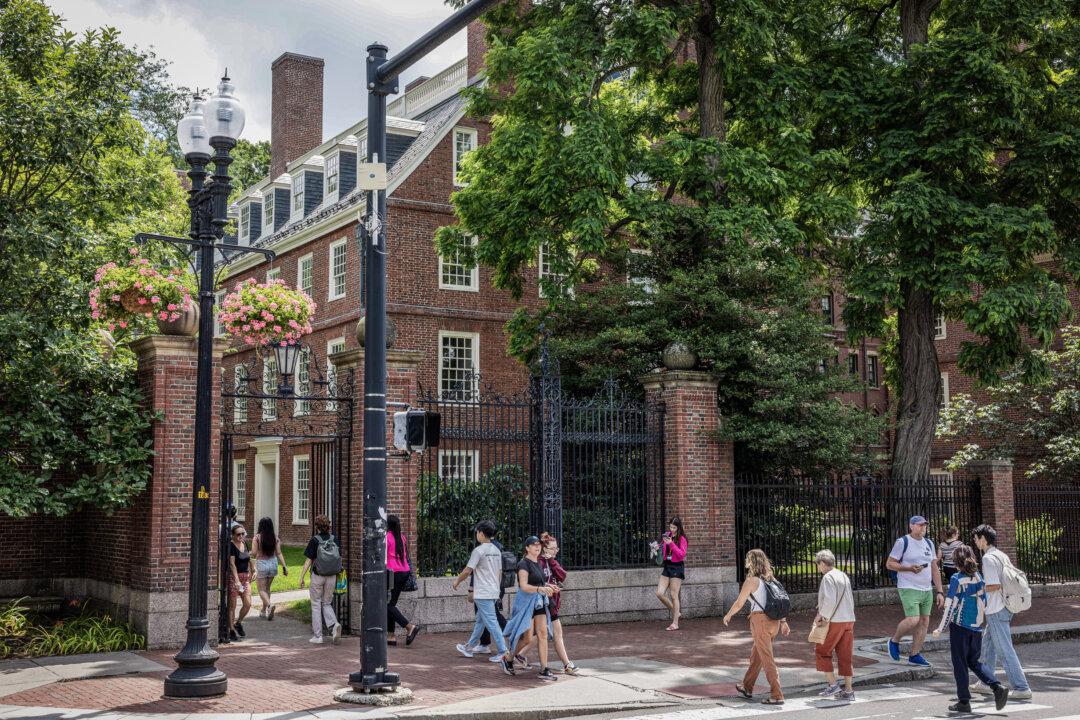Harvard University’s Faculty of Arts and Sciences (FAS), the Ivy League school’s biggest faulty division, said Monday it will no longer require tenure-track applicants to submit statements about their commitment to “diversity, inclusion, and belonging.”
The FAS, which includes Harvard’s entire undergraduate program and some of its graduate schools, had previously demanded a statement from those seeking tenure-track positions on their “efforts to encourage diversity, inclusion and belonging, including past, current and anticipated future contributions in these areas.”





